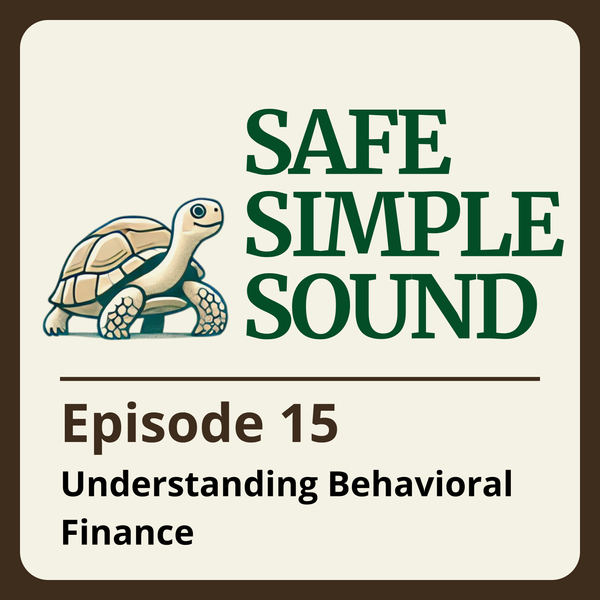Understanding Property Ownership in Estate Planning
Introduction
At SafeSimpleSound, we believe in helping our clients understand and control every aspect of their financial journey, including how property ownership plays a role in estate planning. One of the most crucial aspects of estate planning is determining how your property is owned and titled, as this impacts what happens to your assets when you pass away.
In this post, we'll cover the various types of property ownership, their implications in estate planning, and the advantages and disadvantages of each. This content aligns with our SECURED framework, specifically helping you Understand Financial Choices and Seize Financial Control.
Opening Questions
- What are the risks of not understanding how property ownership affects your estate plan?
- How does the titling of property impact probate and taxation?
- Why is it essential to choose the correct form of property ownership to minimize complications for your heirs?
Key Types of Property Ownership
1. Sole Ownership
This is the simplest form, where one person has full control over the property. It offers the freedom to use or dispose of the property but can result in probate upon death.
Advantages:
- Full control over the property.
- Ability to sell, gift, or bequeath the property.
Disadvantages:
- 100% of the value is included in the owner’s estate for probate and tax purposes.
- Potential complications for heirs if no will exists.
2. Tenancy in Common
In this arrangement, two or more individuals can own a portion of the property, either equally or unequally. Each tenant can leave their share to heirs.
Advantages:
- Flexible ownership shares.
- Each tenant’s share can be passed on through probate.
Disadvantages:
- Subject to probate.
- Disagreements can lead to partition and forced sale.
3. Joint Tenancy with Right of Survivorship (JTWROS)
In JTWROS, two or more individuals own equal shares of the property, and upon the death of one, the other owners automatically inherit the deceased’s share.
Advantages:
- Avoids probate.
- Equal distribution among surviving tenants.
Disadvantages:
- Lack of flexibility in ownership percentages.
- Possible gift tax implications at inception.
4. Tenancy by the Entirety
Available only to married couples, this form of ownership includes a right of survivorship. Neither spouse can sell their share without the other’s consent.
Advantages:
- Avoids probate.
- Protects against individual creditor claims.
Disadvantages:
- Available only to married couples.
- Limited flexibility in transferring ownership.
5. Community Property
In community property states, assets acquired during the marriage are owned jointly by the spouses, while separate property remains individually owned.
Advantages:
- Fair distribution of assets acquired during the marriage.
- Provides a full step-up in basis at the first spouse’s death.
Disadvantages:
- Complex commingling rules between separate and community property.
- Not available in all states.
Navigating Ownership in Estate Planning
Choosing the correct form of ownership is essential in estate planning. It affects not only how property is transferred upon death but also how taxes and probate are handled. Understanding these nuances will empower you to make informed decisions about how to best protect your legacy.
Answering the Opening Questions
- What are the risks of not understanding how property ownership affects your estate plan? If you don’t properly title your property, your estate could face significant probate delays and higher taxes, ultimately reducing what you leave behind for your loved ones.
- How does the titling of property impact probate and taxation? Properties titled as JTWROS or held in trust avoid probate, allowing for a quicker, more cost-effective transfer to heirs. However, improper titling may result in probate and higher estate taxes.
- Why is it essential to choose the correct form of property ownership to minimize complications for your heirs? Incorrect property titling can lead to disputes among heirs, forced sales, or unintended tax consequences, which can be mitigated by selecting the appropriate form of ownership during estate planning.
Conclusion
Understanding property ownership is a critical aspect of estate planning, and choosing the right form of ownership can save your heirs time, money, and emotional stress.
At SafeSimpleSound, our approach emphasizes helping you Seize Financial Control and Develop a Lasting Legacy, ensuring your wealth is protected and efficiently transferred.
If this approach resonates with you, reach out for a consultation, and let’s make sure your property ownership aligns with your long-term financial goals.

